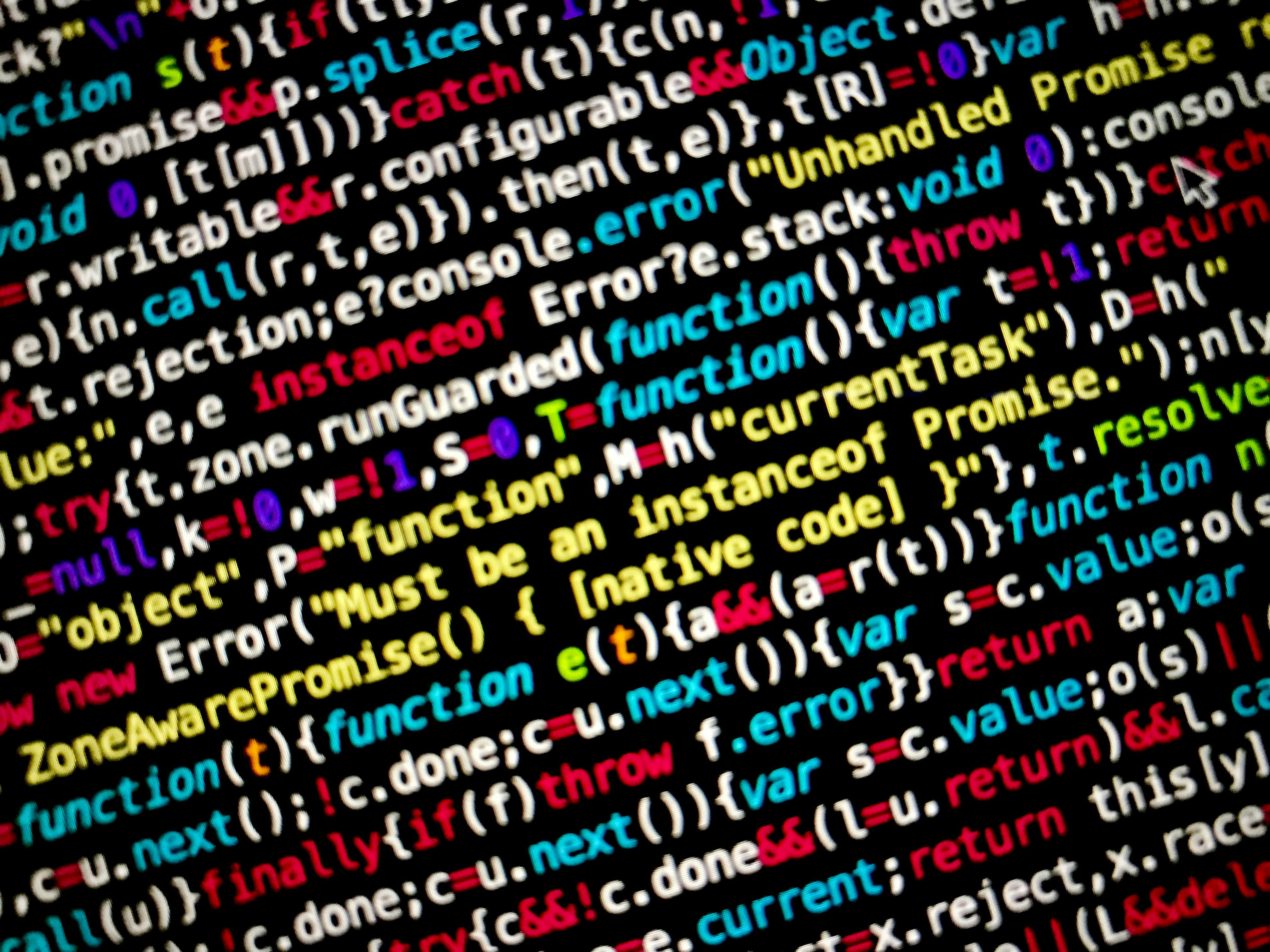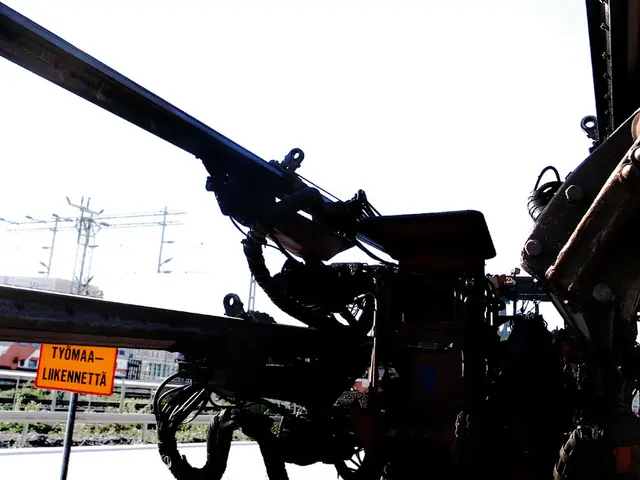Indonesia considers nuclear energy as a potential solution to reduce greenhouse gas emissions.
Indonesia Aims to Embrace Nuclear Energy to Combat Climate Change, but Challenges Loom
Jakarta - Indonesia, Southeast Asia's largest economy, aspires to employ nuclear energy as a means to meet escalating energy demand while reducing emissions. However, the country faces considerable hurdles in achieving its goal of installing the first small modular reactor (SMR) by 2032.
Indonesia's initial foray into nuclear energy dates back to February 1965, when then-president Sukarno inaugurated a test reactor. Today, three research reactors operate, but there are no nuclear power plants generating electricity.
The abundant reserves of polluting coal have historically catered to the enormous energy needs of the archipelago. But with the commitment to nuclear energy as a potential means to curb and eventually decrease emissions, a shift seems imminent.
Indonesian President Prabowo Subianto has vowed to establish energy security, while honoring a pledge to phase out coal-powered electricity generation within 15 years. Coal currently accounts for around two-thirds of electricity generation in Indonesia, which targets net-zero emissions by 2050.
In its bid to attain energy security, Indonesia envisions 40 to 54 gigawatts of the 400 gigawatts of electricity slated for nationwide production by 2060 coming from nuclear power. The government seeks to inaugurate the initial reactor on Borneo "by 2030 or 2032."
These SMRs have lower capacities than traditional reactors but are more convenient to assemble and transport. Nevertheless, the government has yet to specify the exact number of SMRs planned. The task of scouting locations for these reactors, a challenge for a seismically active nation, is already underway.
"Currently, 29 potential locations have been identified for the construction of nuclear power plants," the Acting Secretary-General of the National Energy Council, Dadan Kusdiana, disclosed. The sites will conveniently be situated near energy-intensive mining facilities.
While the nuclear disaster at Fukushima Dai-ichi has impeded nuclear advancements in some Asian countries, proponents maintain that nuclear energy can be implemented safely in Indonesia.
"North Java, East Sumatra, West Kalimantan, and Central Kalimantan are considered as low-risk zones," said Andang Widi Harto, a nuclear engineering researcher at Yogyakarta University. "These low seismic risk regions also coincide with low volcanic risk regions."
Countries ranging from Vietnam to Belgium are also growing or retaining nuclear capacity as they endeavor to meet net-zero goals to tackle climate change. Despite this trend, Indonesia possesses limited domestic expertise in the field.
The Indonesian subsidiary of US company ThorCon is already seeking a license for an experimental "molten-salt reactor." The company intends to harness shipyards to construct small reactors that could be towed to coastal or offshore locations and anchored to the seabed.
Nevertheless, experts caution that Indonesia's aggressive nuclear timeline may prove overly ambitious due to challenges such as waste disposal, domestic opposition, and connectivity issues. Philip Andrews-Speed, a senior research fellow at the Oxford Institute for Energy Studies, questions the feasibility of deploying nuclear power at a significant scale within the next ten years.
Some environmentalists prefer to see Indonesia prioritize meeting clean energy targets with renewable sources. Although hydroelectric power accounts for over 7 percent of Indonesia's electricity generation, solar and wind contributions remain minimal and can potentially be significantly increased, experts suggest.
The government has declined to reveal the estimated cost of the nuclear ramp-up. However, Kusdiana asserts that the necessary funds will be available, with potential international investors expressing interest, including Russia, the US, Denmark, South Korea, and China.
Technology plays a crucial role in Indonesia's plan to transition from coal-powered energy generation to nuclear energy, as the government seeks to install small modular reactors (SMRs) for energy security and climate change mitigation. In the realm of sports, the determination shown by President Prabowo Subianto and his team to achieve these goals can be compared to the unwavering spirit and perseverance required in sports.








